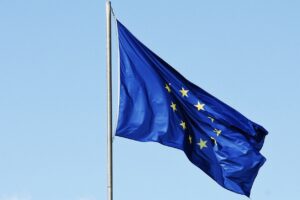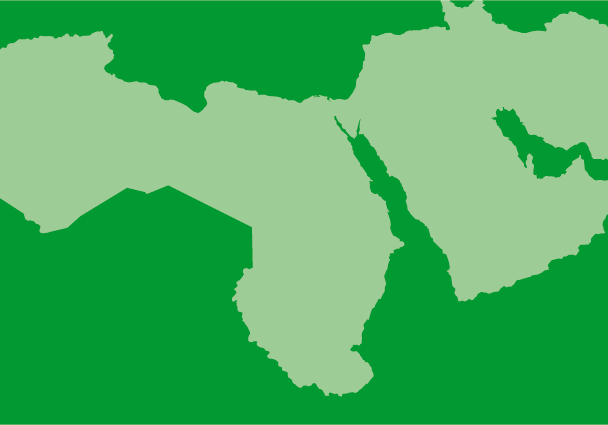
Mar 3, 2015 | Advocacy
Thirteen human rights organizations, including the ICJ, call on the United Arabe Emirates government to release the activists jailed following the UAE 94 trial.
On the second anniversary of the start of the mass “UAE 94” trial that imprisoned dozens of government critics and reform activists in the United Arab Emirates (UAE), including prominent human rights defenders, judges, academics, and student leaders, a coalition of 13 organizations calls on the UAE government to release immediately and unconditionally all those imprisoned solely for peacefully exercising their rights to freedom of expression and association following this grossly unfair trial, as well as those who remain detained or imprisoned for publicizing concerns about it.
The organizations also call on the authorities to ensure that the allegations of torture and other ill-treatment that the individuals were subjected to prior to and following their trial are promptly, independently, impartially and thoroughly investigated, that those responsible are held to account, and that the victims have access to effective remedies and to reparation.
The organizations share the serious concerns raised since 2011 by several UN human rights bodies and human rights organizations regarding the UAE government’s continuing pattern of harassment, secret, arbitrary and prolonged incommunicado detention, torture and other ill-treatment, enforced disappearances, and unfair trials targeting activists and those critical of the authorities, as well as its increasing use of national security as a pretext to clamp down on peaceful activism and to stifle calls for reform.
The space for dissent in the UAE is increasingly shrinking. The repression has been entrenched with the enactment in 2012 of the cybercrimes law, which the government has used to silence social media activists and others who support and defend freedom of expression online, and the enactment of the 2014 counter-terror law.
The vague and overly broad definition of terrorism in the 2014 law, which treats a wide range of activities, including those protected by human rights standards, as amounting to terrorism, may be used to sentence human rights defenders or critics of the government to lengthy prison terms or even death.
The organizations call on the UAE government, which currently is a member of the UN Human Rights Council, to adhere to its obligations to uphold human rights at home, including respecting the rights to freedom of opinion and expression, and to freedom of association and peaceful assembly.
The full statement can be found here in English and Arabic:
United Arab Emirates-Release activists convicted at the UAE94 trial-Advocacy-2015-ENG (full text in PDF)
United Arab Emirates -Release activists convicted at the UAE94 trial-Advocacy-2015-ARA (full text in PDF)
Read also:
UAE: Fear that Anti-Terrorism Law will be used to curtail human rights and target human rights defenders, Gulf Centre for Human Rights, Front Line Defenders, Cairo Institute for Human Rights Studies, Arabic Network for Human Rights Information, 13 December 2014,
Mass convictions following an unfair trial: The UAE 94 case, an ICJ report, October 2013,
United Arab Emirates: ICJ condemns blatant disregard of the right to a fair and public trial, ICJ, 12 March 2013
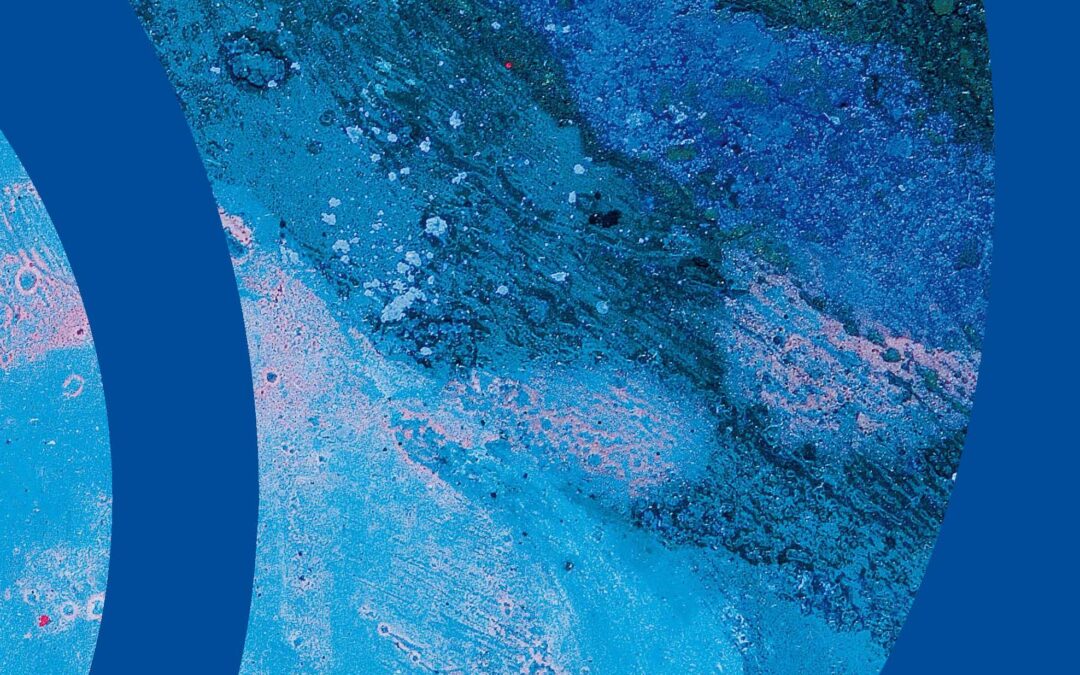
Oct 4, 2013 | News, Publications, Reports, Trial observation reports
In a report published today, the ICJ details a catalogue of violations of fair trial rights and other serious human rights violations committed against those detained in the context of the UAE 94 trial.
The report, Mass convictions following an unfair trial: The UAE 94 case, comes amidst a crackdown on individuals calling for peaceful political reform, who continue to be arrested, detained, prosecuted and convicted for the lawful exercise of their rights to freedom of expression, association and assembly.
The UAE authorities must end this crackdown and ensure the immediate and unconditional release of those convicted in the UAE 94 trial, the ICJ says.
“The UAE 94 trial has been marred with a litany of violations of fair trial rights. The convictions of 69 individuals following this trial must be quashed and those imprisoned must be immediately and unconditionally released”, said Said Benarbia, senior legal adviser of the ICJ Middle East and North Africa Programme.
Those convicted on 2 July 2013 were found guilty of “establishing, founding and administering an organization, with the aim of challenging the basic principles upon which the government of the State is based, taking control of the government and establishing a secret structure for the organization”.
Fifty-six of them were sentenced to ten years’ imprisonment, five of them to seven years’ imprisonment and eight others, who were tried in absentia, to fifteen years’ imprisonment. The remaining 25 accused were acquitted.
The ICJ notes that, since 31 July 2013, many of the prisoners convicted in the UAE 94 case have begun a hunger strike to protest against the conditions of their detention.
They have reportedly been subjected to various forms of ill-treatment, including beatings by prison guards and light depravation.
The authorities have failed to investigate the many human rights abuses alleged to have been committed against those detained in the context of the UAE 94 case, the ICJ says.
Instead, the UAE authorities have continued their crackdown on political activists and government critics, including those that have publicly spoken out in support of the UAE 94 or against the conditions of detention of those imprisoned.
“Rather than live up to the commitment made by the UAE to the Human Rights Council to “place human rights at the top of its priorities”, the UAE authorities have embarked on a sustained campaign to suppress any form of peaceful dissent and all calls for political reform,” Benarbia added. “They must comply with their obligations under international law and bring an end to this cycle of arbitrary arrest, detention, prosecution and unfair trials against of all those that dare to speak out.”
Key findings of the report:
- Most of the detainees were not informed of the reasons for their arrest and promptly notified of the charges against them.
- They were denied their right to prompt access to a lawyer, including during interrogation and were not brought before a judge or a judicial authority within 48 hours of their arrest.
- Most of the detainees were held in incommunicado detention and in secret and unofficial detention centres.
- They were also held in prolonged solitary confinement, which in some cases lasted more than 236 days.
- Most of the detainees were reportedly subjected to torture or other ill treatment by the authorities, including severe beatings, pulling out detainees’ hair, sleep deprivation, exposure to extreme light during the day and night, death threats and other threats and verbal abuse, as well as prolonged incommunicado detention and solitary confinement.
- The Court failed to investigate or order the investigation of such allegations.
- To the contrary, statements and “confessions” alleged to have been obtained as a result of torture or other ill-treatment were admitted as evidence by the court.
Contact :
Said Benarbia, ICJ Senior Legal Adviser of the Middle East and North Africa Programme, tel: 41 22 979 38 17, e-mail: said.benarbia(a)icj.org
UAE-Violations at UAE 94 Trial-Publications-Reports-2013 (full text in pdf)
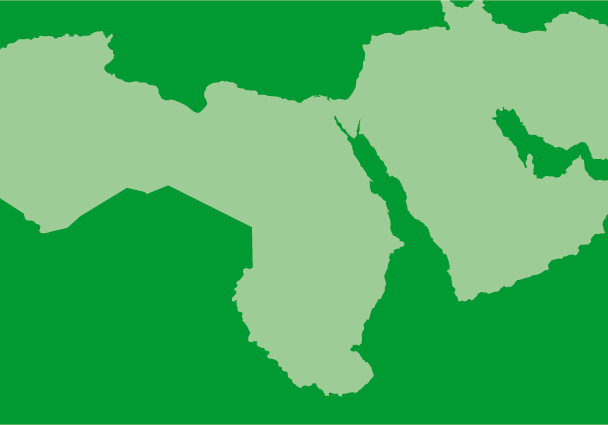
Jul 2, 2013 | News
The ICJ calls on the UAE authorities to take urgent measures to ensure the extinguishment of the convictions of the 68 individuals convicted in the UAE 94 case, and to immediately and unconditionally release those detained.
The ICJ also calls for the withdrawal of any remaining charges against each of the 94 accused.
Sixty-eight individuals were convicted today by the State Security Chamber of the UAE Federal Supreme Court and sentenced to varying sentences.
These include 56 accused who were sentenced to 10 years imprisonment and 8 accused who were tried in absentia and sentenced to 15 years imprisonment.
The convicted individuals were found guilty of “establishing, founding and administering an organization, with the aim of challenging the basic principles upon which the government of the State is based, taking control of the government and establishing a secret structure for the organization”.
“The legal provisions on which these convictions are based fail to meet international law requirements of legal certainty and criminalize the enjoyment and exercise of the rights to freedom of expression and association”, stated Said Benarbia, Senior Legal Adviser of the ICJ Middle East and North Africa Programme.
The ICJ considers that the trial against the accused has failed to comport with international law and standards governing fair trials, including the rights of accused persons to be informed of the reasons for their arrest and the charges against them.
The rights of the accused to be presumed innocent was also undermined by provisions of UAE law that effectively impose a presumption of guilt and allow for the indefinite renewal of pre-trial detention orders.
Further, most of the detainees were held in secret pre-trial detention, including prolonged incommunicado detention and solitary confinement.
Their right of access to family members and to a lawyer during the first months of detention was denied, and most of the detainees were unable to challenge the lawfulness of their detention.
They also reported being subjected to torture and other ill-treatment, including severe beatings, pulling out detainees’ hair, sleep deprivation, exposure to extreme light during the day and night, death threats and other threats and verbal abuse.
None of these allegations of ill-treatment were investigated and prosecuted by the UAE authorities. Instead, “confessions” and other information obtained as a result of torture and other ill-treatment were heavily relied upon as evidence to “prove” the charges against the accused.
The rights of the accused to defence were also severely restricted, including by denying defence lawyers’ access to detainees in pre-trial detention, in particular during interrogation; delaying their access to cases files until a few days before the trial; subjecting them to various forms of intimidation and harassment, including criminal prosecution; and severely curtailing their right to cross-examine witnesses.
Two ICJ observers, together with other international observers and international media, were denied access to the first and second hearings of the trial in contravention of international standards on the right to a public hearing.
Further restrictions on this right included relatives being forced to sign statements agreeing not to disclose information about the trial hearings as a condition to being granted access.
Some of the relatives who reportedly disclosed information about the trial have been subjected to various forms of harassment by UAE authorities.
One individual was prosecuted, convicted and sentenced to a 10-month prison term for “tweeting with bad intent about the trial”.
The ICJ notes that under UAE law, decisions of the Supreme Court cannot be reviewed by any other court, which denies the right of the convicted individuals to an appeal.
“The UAE 94 trial has been marred with a catalogue of violations of fair trial guarantees that have undermined the fairness of the proceedings at every stage. Consequently, any remaining charges against the accused must be withdrawn and those detained must be immediately and unconditionally released”, Benarbia added. “Allegations of torture and ill-treatment must also be promptly, independently and impartially investigated and those responsible held accountable”, he added.
An analytical report on the charges and trial of the UAE 94 in light of international law and standards will be published this month.
Contact:
Said Benarbia, ICJ Senior Legal Adviser of the Middle East and North Africa Programme, tel: 41 22 979 38 17, e-mail: said.benarbia(a)icj.org
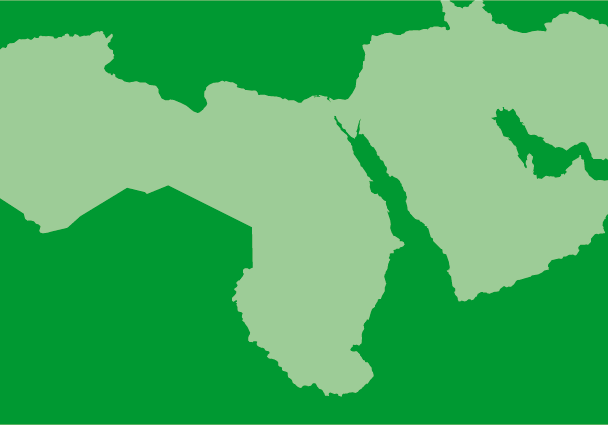
Mar 12, 2013 | News
The ICJ today condemned the blatant disregard by the UAE of the right to a fair and public trial, after its international observers were prohibited from attending the first two hearings of criminal proceedings against 94 individuals.
The detainees include judges, lawyers and human rights defenders. The hearings took place before the State Security Chamber of the United Arab Emirates (UAE) Federal Supreme Court.
The ICJ observers were turned away on 4 and 11 March 2013 by police officers before they reached the court.
“The ICJ deplores the decision of the UAE authorities to conduct the trial of the 94 detainees behind closed doors and to deny access to all international observers for both the opening and second hearing of this trial”, said Ketil Lund, ICJ Commissioner, former Supreme Court Judge of Norway and one of the two ICJ observers who was denied access to the court.
“This denial, combined with consistent and credible reports that detainees have been subjected to torture and other ill-treatment, including prolonged solitary confinement, and denied full access to defence counsel, both during questioning and in preparation for the trial, are inconsistent with fair trial standards and cast serious doubts about the fairness and the outcome of the process.”
Under international law and standards and UAE law, all criminal trials must be open to the public, subject to narrow exceptions not apparently applicable in this trial.
The denial of access to international observers itself constitutes a serious violation of the right to a fair trial.
The ICJ calls on the UAE authorities to fully investigate reports of torture and ill-treatment of the detainees and ensure that information obtained through such practices are not used as evidence in the criminal proceedings.
The UAE authorities must also ensure that as long as the accused remain in detention, their right to have full and unrestricted access to lawyers, including the right to consult in private, medical personnel and family members are fully guaranteed.
The ICJ notes that the accused are charged with “establishing, founding and administering an organization, Da’wat Al Islah, with the aim of challenging the basic principles upon which the government of the State is based, taking control of the government and establishing a secret structure for the organization” (Decision of referral No.79 of 2012 (State Security) of 27 January 2013).
“These ill-defined charges, which fail to meet international law requirements of legal certainty, criminalise the enjoyment and exercise of the rights of all UAE citizens to freedom of expression and association, and to fully take part in the conduct of public affairs. The UAE authorities must therefore drop these charges and put an immediate end to this unfair judicial process,” Lund added.
Contact:
Said Benarbia, ICJ Senior Legal Adviser of the Middle East and North Africa Programme, tel: 41 22 979 38 17, e-mail: said.benarbia(at)icj.org
UAE-right to a fair trial-press release-2013-Arabic (full text, pdf)
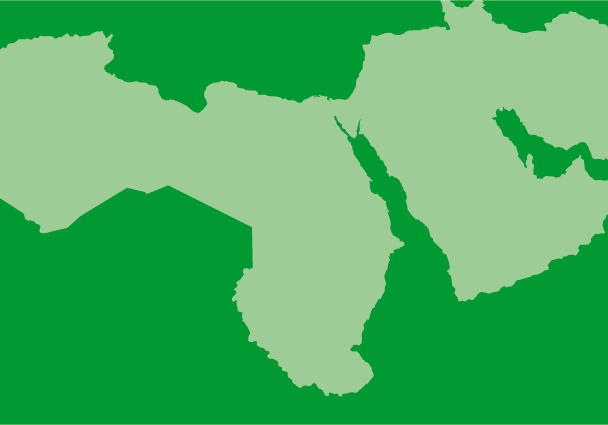
Mar 4, 2013 | News
The ICJ expressed its concern over the criminal trial of 94 individuals, including judges, lawyers, academics, human rights defenders and civil society activists, in the State Security Chamber of the UAE Federal Supreme Court.
Following a wave of arbitrary arrests and detention, which began in March 2012, the case was referred to the Supreme Court on 27 January 2013.
“The ICJ is gravely concerned over the fairness of the upcoming proceedings, including the lack of any right of appeal, the lack of restrictions on the use of evidence obtained through torture or ill-treatment and severe restrictions imposed on the rights of the defence, in contravention of international human rights law, including the Arab Charter on Human Rights, to which the UAE is a party,” said Said Benarbia, ICJ Senior Legal Adviser of the Middle East and North Africa Programme. “Furthermore, allegations of torture and ill-treatment by detainees, including incommunicado detention, prolonged solitary confinement, sleep deprivation and verbal and physical abuse, must be promptly, impartially and thoroughly investigated.”
The ICJ further notes that there have been violations of international fair standards.
These include the failure of State authorities to formally charge defendants, severe restrictions on access to legal counsel, including during questioning and the failure to disclose case files to the defence until a few days before trial.
Until two weeks before the trial, there was a single lawyer acting for all detainees and other lawyers who tried to assist have faced harassment, including detention and deportation, the ICJ says.
The trial is part of a broader crackdown by the UAE authorities in response to a petition signed by 100 academics, legal professionals, and civil society activists, in March 2011, for political reforms and increased public participation in government.
“The ICJ condemns the use of criminal proceedings to suppress peaceful calls for increased democracy as an unlawful restriction on the right to freedom of expression,” Benarbia added. “Extending the clampdown on critics to include numerous members of the legal profession severely compromises the Rule of Law in the UAE.”
Contact:
Said Benarbia, ICJ Senior Legal Adviser of the Middle East and North Africa Programme, tel: 41 22 979 38 17, e-mail: said.benarbia(at)icj.org









